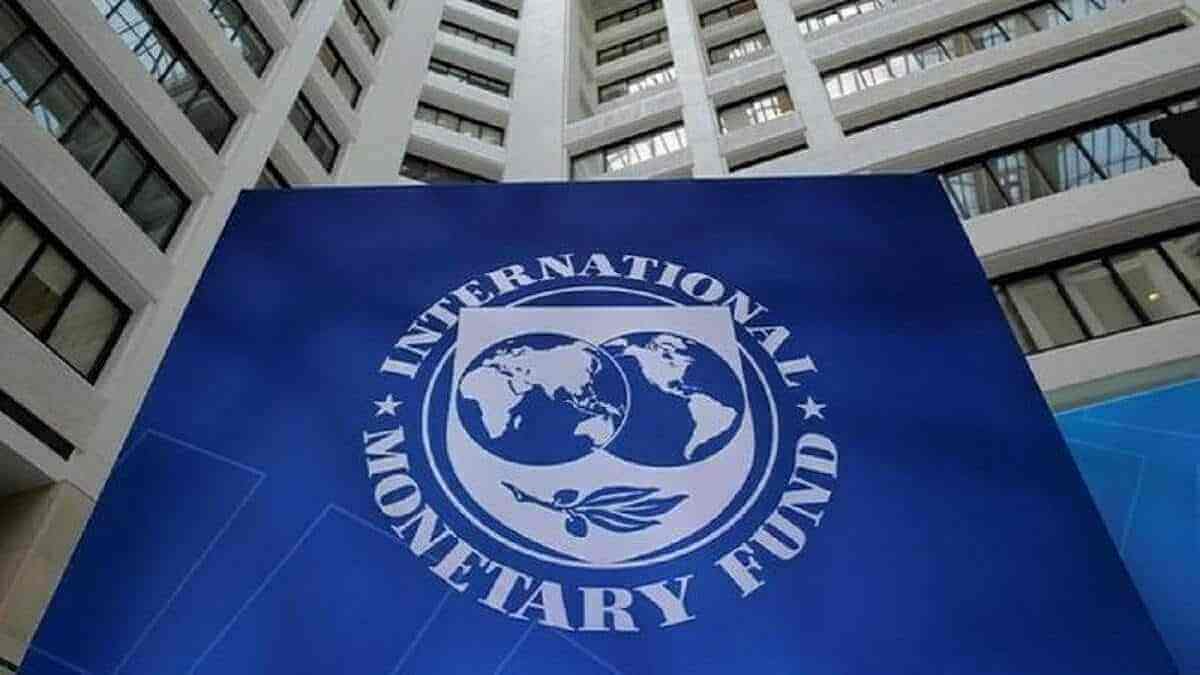The International Monetary Fund (IMF) on Friday called on the Nigerian government to engender transparency and accountability in the oil sector in order to ensure that the gains of subsidy removal is fully maximised.

Abebe Selassie, the Head of African Department at the IMF, made this known Friday while presenting the regional economic outlook for sub-Saharan Africa on the sidelines of the World Bank/IMF meetings in Washington DC.
“We have been commending bold reforms by the government, but we need to see a little more transparency in the oil sector to ensure that fuel subsidy removal can result in more flow of resources into government coffers,” he noted.
Mr Selassie spoke in response to questions on the federal government’s reforms and Nigeria’s debt profile. He noted that the IMF was impressed by the reforms undertaken by the Nigerian government to address macroeconomic imbalances in the country.
Nigeria announced removal of fuel subsidy shortly after President Bola Tinubu was sworn in as president in May 2023. The decision triggered disruptions across sectors of the economy amid elevated inflationary pressures and general discontent among the people.
Mr Selassie on Friday said the subsidy was taking “a very large” share of government tax revenues, thus hampering optimal delivery of social services.
“So it’s been really good to see the government taking these head on, and also beginning to roll out the third component of the reforms that we’ve been advocating for, that the government has been pursuing, which is to expand social protection to target generalised subsidies to help the most vulnerable,” he said.
“This has all been very good to see, but more can be done, particularly on the latter front; expanding social protection and also enhancing a lot more transparency in the oil sector, so that the removal of subsidies does translate into flow of revenue into government budget. So, there’s still a bit more work to do in these areas.”
Earlier on Wednesday, Nigeria’s finance minister Olawale Edun told a gathering of investors, fund managers and financial experts in Washington that a forensic audit of the state-owned NNPC is underway. He added that the government also plans to reconcile the books of the oil company to reposition it for efficient operations and service delivery.
“The NNPC needs to come to the table with more dollar revenue,” the minister said.
Regional Outlook
Meanwhile, in its regional outlook, the IMF said public debt ratios in sub-Saharan Africa have broadly stabilised but remain elevated compared to the pre-COVID-19 period. Baseline projections imply continued regional debt stabilization—and even some reduction—but with the assumption that recent efforts to consolidate budgets are maintained and in some cases intensified.
Interest payments and overall debt service as a share of revenues are high, both historically and compared with other regions, constraining critical development spending, it added.
But vulnerabilities and uncertainty persist as unforeseen events—such as shocks to global growth, global financial conditions, and official development assistance, as well as instability, conflicts, commodity price shocks, and natural disasters—may increase debt ratios significantly.
“Furthermore, tight external financing conditions may increase rollover risk, and debt restructuring, which is sometimes essential, is socially costly and dauntingly complex,” the report said.